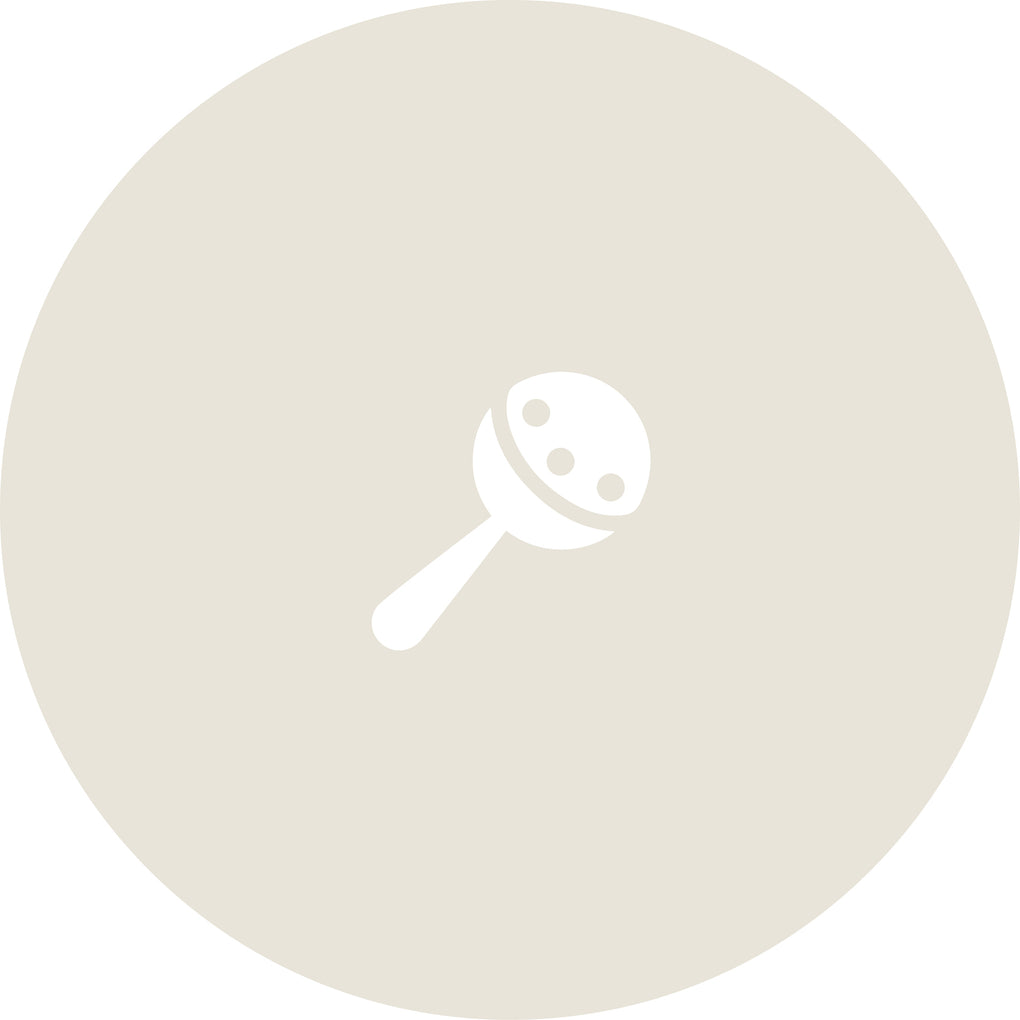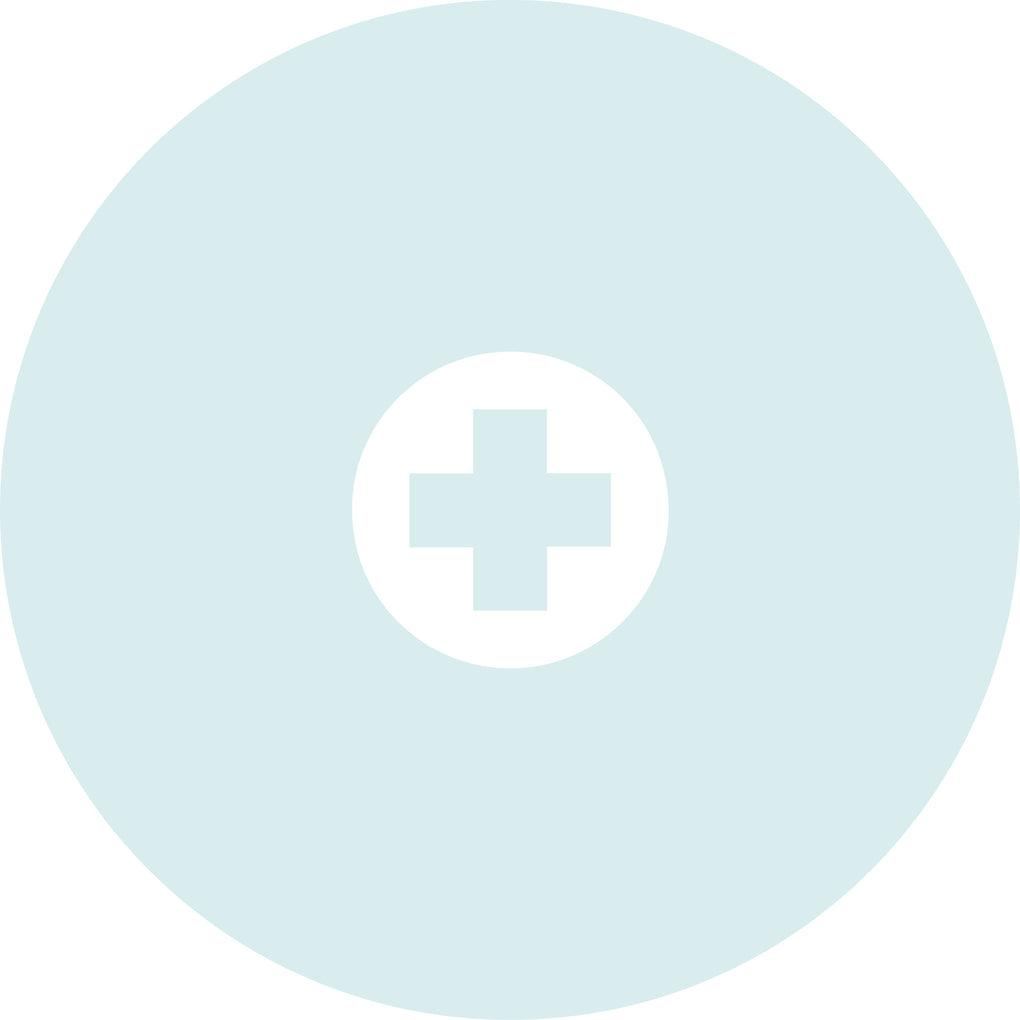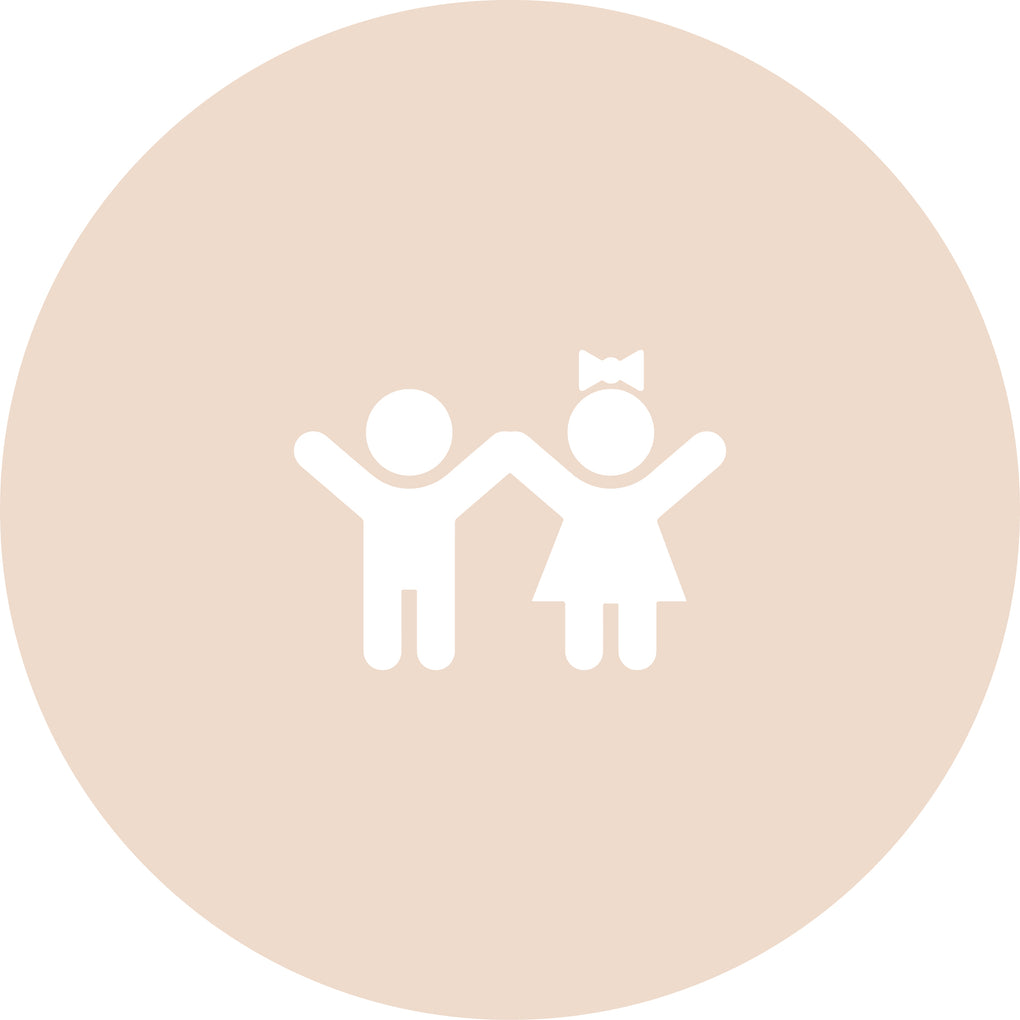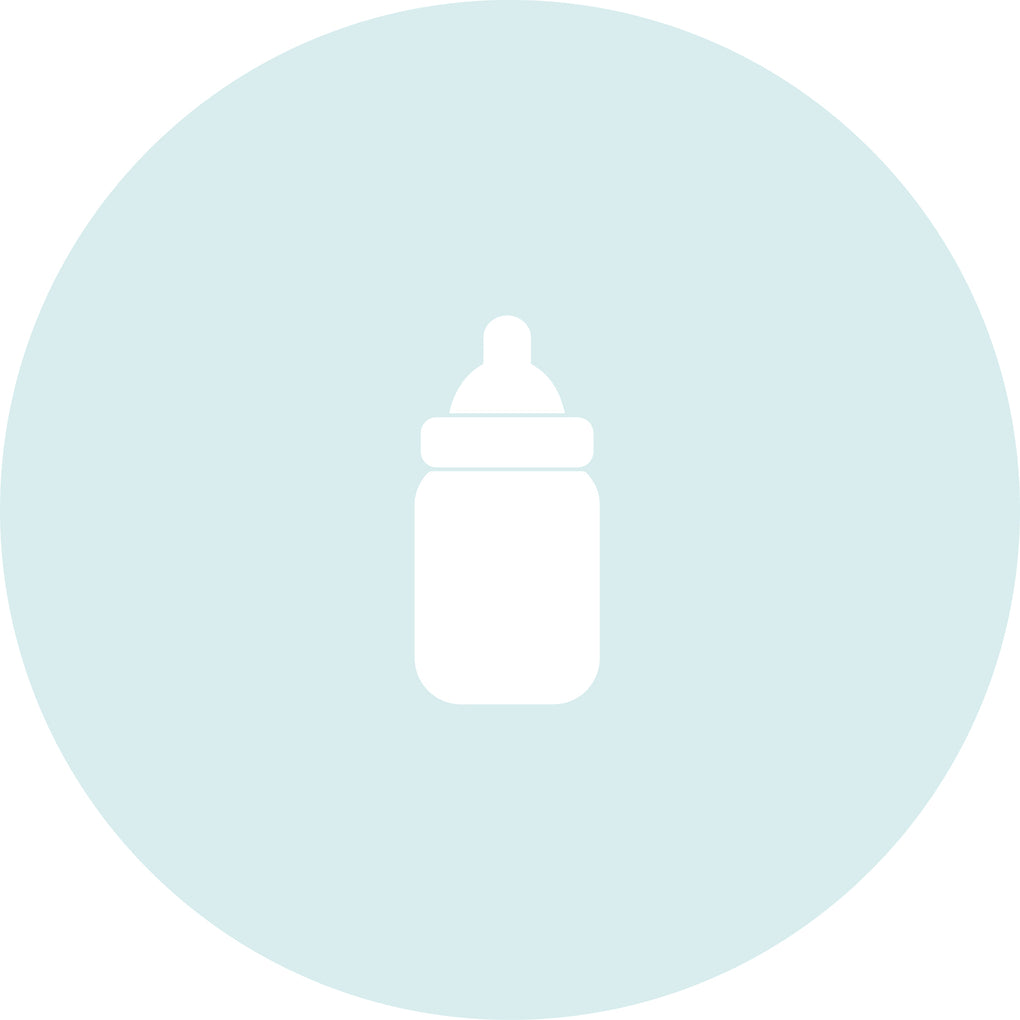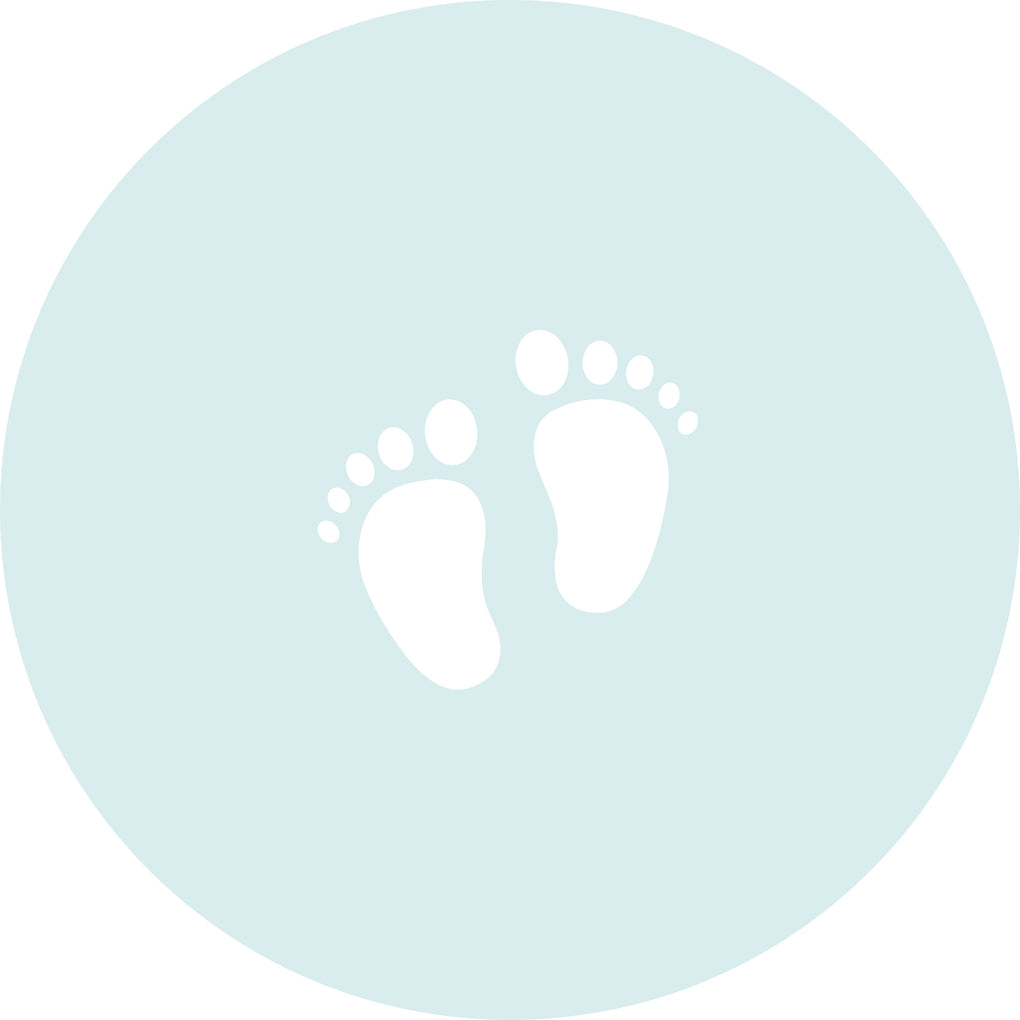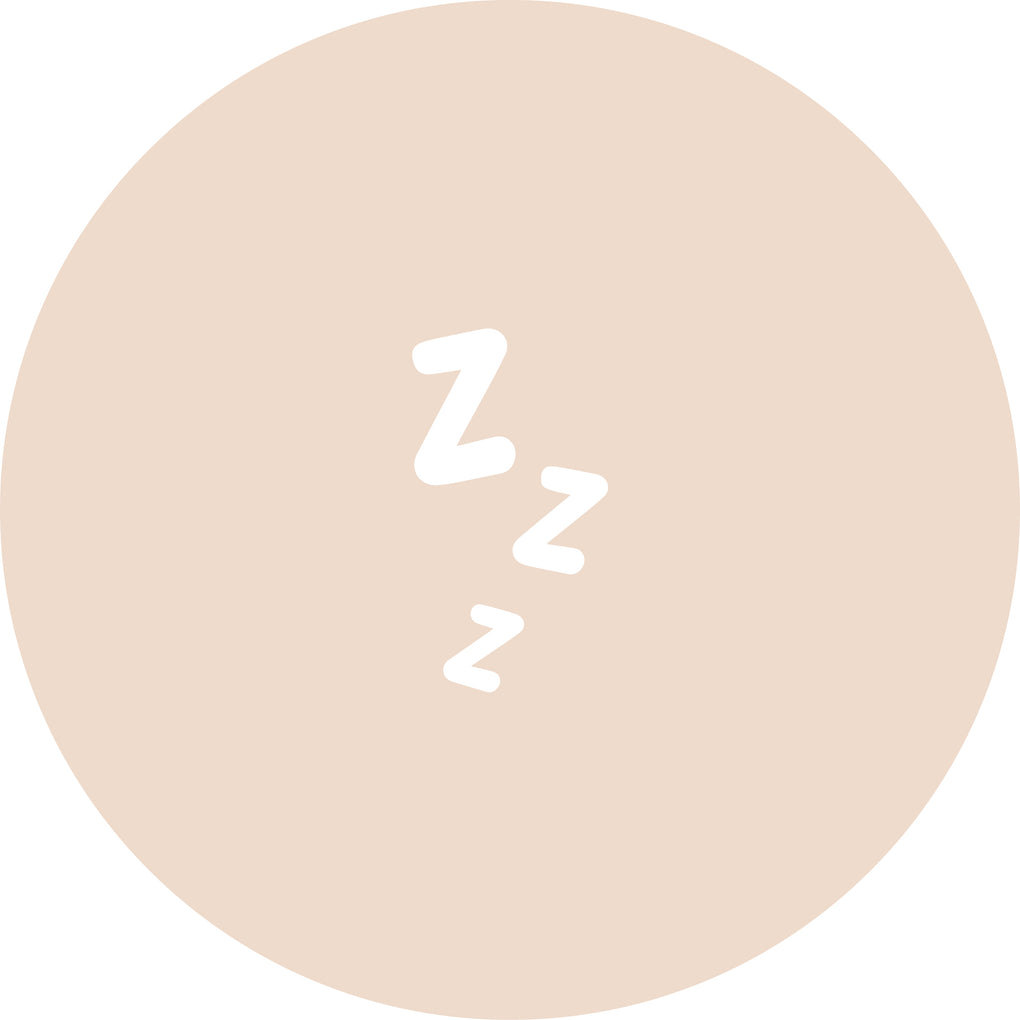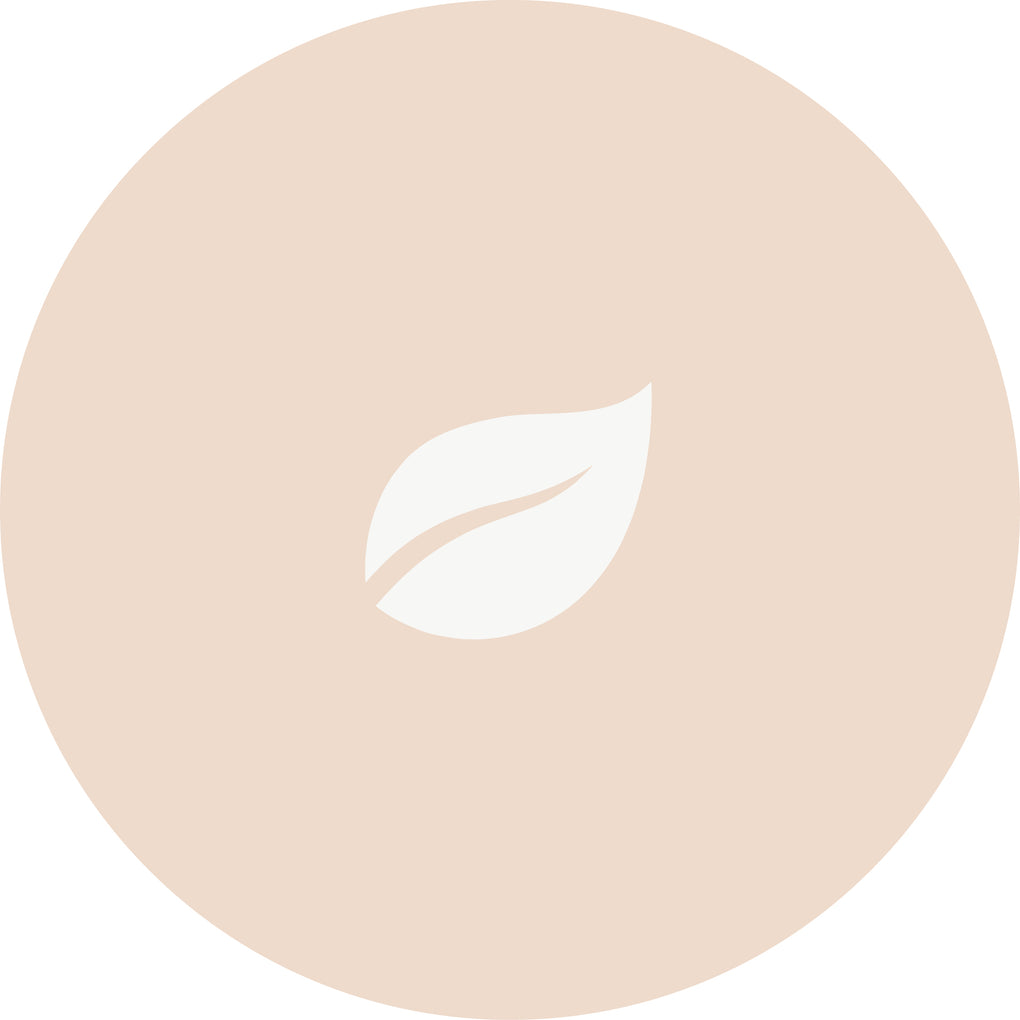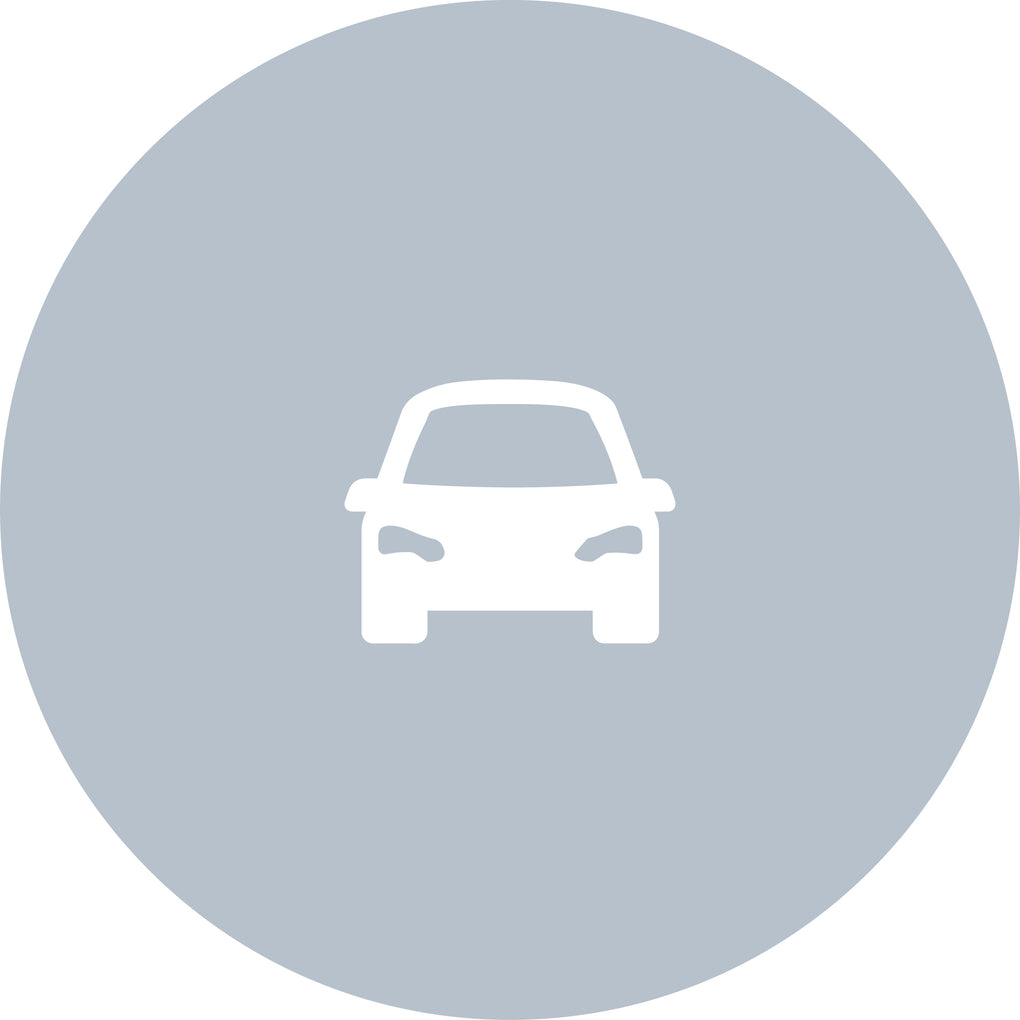With the current situation meaning families are currently isolating at home, our children are unable to go to school or play in the park. This can ultimately result in them using their digital devices more than ever to help with schoolwork, stay in contact with friends and to entertain themselves. During such a strange time, these digital devices are their contact with the outside world and their way of keeping up with their education with the teachers. So instead of trying to stop them, we want to help protect them.
All this exposure to digital devices can be harmful to your little one’s eyes. Devices emit harmful blue light which is linked to sleepless nights, eyestrain and dry-eyes. But we know that trying to tear your little one away from their beloved tablet can feel like mission impossible, so instead of starting a tug of war, we wanted to instead help keep them protected whilst they are using their electric devices as much as possible with our brand new screen saver glasses. Keep reading to learn more about blue light, how it can be harmful and how you can help protect your little ones eyes.
But first, what is blue light?
Blue light isn’t some special form of light that only comes from computers - it’s actually all around us. Without getting into the complicated science, blue light is part of the light spectrum, it’s a high energy short wave meaning it produces a higher amount of energy that we’re quite susceptible to it. And in many ways, that’s great; blue light has been shown to have lots of benefits, keeping us alert and focused during the day, even improving our mood. So what’s the issue?
Whilst blue light is a natural part of the light spectrum and is essentials for regulating our sleep-wake cycle.The problem with today’s digital world is when we are using electrical devices, our eyes are constantly being exposed to an artificial high-energy version of blue light. This unnatural level of exposure is having consequences to our health, studies show that exposure to this blue light can cause eyestrain, fatigue, headaches, and sleeplessness.
The harmful effects can be more evident in children as their eyes are much more sensitive to blue light because, until the age of 14-15, their eyes are not yet fully developed so their eyes are completely unprotected and taking in higher levels of blue light.
How is blue light harmful?
Blue light isn't all bad. It's important that your kids are exposed to natural blue light from the sun each day to help sync their body clock and improve mental focus and mood. However, they need to be protected from artificial blue light exposure as much as possible.
One problem is that our eyes aren’t really designed to be good at blocking blue light, add into the mix the unprecedented amount of artificial sources of blue light we interact with every single day, we've got a recipe for some potential harmful effects.
Poor sleep
Overexposure to blue light, especially at night, confuses the brain and disrupts our natural body clock. As natural light fades our brain releases hormones to help relax us and prepare us to fall asleep. However, the exposure to artificial blue light can confuse the brain and stop this hormone from being released, therefore encouraging you to stay awake. Your brain simply doesn’t know what time of the day it is anymore.
Whilst we all love sleep, it is particularly important during childhood and adolescence due to the rapid growth and development that occurs.
Eye health
Blue light from screens can penetrate deep into the eye, reaching the retina which makes high level of blue light exposure a possible risk to eye health. Eye strain is commonly linked to electronic devices, as is sore and tires eyes and blurry vision.
Headaches
Artificial blue light is also linked to an increased level of headaches. Researchers have discovered that blue light can increase sufferers’ pain of headaches as a result of eye strain from over exposure of electrical devices. It’s no surprise really, given that blue light is one of the highest energy colours on the spectrum, and as such we humans are incredibly susceptible to it.
How you can help prevent harmful effects
We aren’t crazy enough to say that we must banish digital devices and go back to life before they existed. We are simply saying perhaps it’s time to be a little more mindful and to take our eye health a little more seriously. There are many ways to protect your child’s eyes from blue light such as; reduce screen time, lower the brightness or more modern devices allow you to go into “night” mode which lowers the blue light emissions, or try blue light glasses.
Babiators Screen Savers
You protect your eyes from the sun. So why don’t you protect them from the screens we look at all day long?
As parents ourselves, we want to help you protect their vision outdoors with Babiators sunglasses and indoors with Babiators Screen Savers! Our Screen Saver glasses use our top seller navigator frame shape with blue light blocking lenses to make screen time safer. The glasses block 55% of Blue Light through these category 1 lenses to help prevent eye strain and protect your little one’s eyes. They're designed protect your children’s eyes when using digital screens, but also look cool to help encourage your child to love wearing them.






